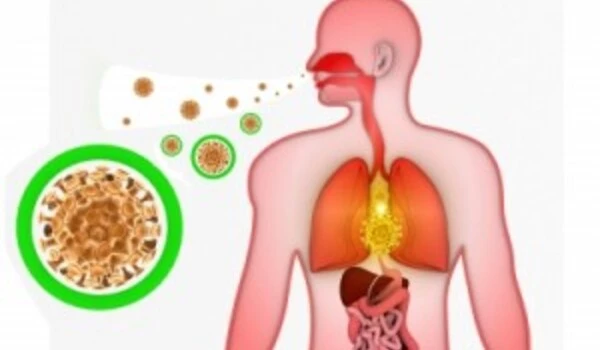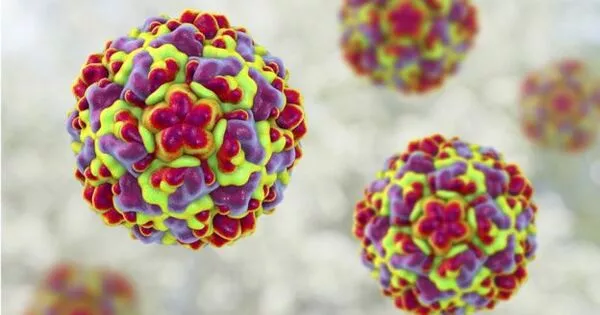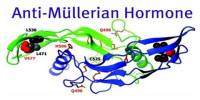Common cold viruses, such as rhinoviruses, can be difficult to inactivate because they are extremely infectious and transmit easily through respiratory droplets. Rather than attempting to inactivate the virus after infection, the best method to prevent the common cold is through excellent hygiene and preventive measures.
Every year, respiratory syncytial viruses (RSV) cause a large number of respiratory infections around the world. The virus can be fatal to newborns, young children, and those with prior illnesses.
The researchers from Ruhr University Bochum’s Department of Molecular and Medical Virology investigated techniques to lower the risk of infection. Their findings suggest that, when used properly, alcohol-based hand sanitizers and commercially available surface disinfectants provide adequate protection against virus transmission via surfaces.
Even though the amount of infectious virus decreased over time, infectious viral particles were still detected after seven days. It is therefore critical to disinfect surfaces on a regular basis in hospitals and medical practices in particular.
Dr. Toni Luise Meister
Some viruses are known to remain infectious on surfaces for an extended period of time. The Bochum-based virology team studied how long RSV survives on stainless steel plates at room temperature to estimate this period.
“Even though the amount of infectious virus decreased over time, infectious viral particles were still detected after seven days,” explains Dr. Toni Luise Meister. “It is therefore critical to disinfect surfaces on a regular basis in hospitals and medical practices in particular.” A study of five surface disinfectants containing alcohol, aldehyde, and hydrogen peroxide revealed that all cleaning agents efficiently inactivated the virus on surfaces.

RSV is easier to render harmless than some other viruses
Similarly, hand sanitizers recommended by the WHO had the expected impact. “A 30 percent alcohol content was sufficient: we no longer detected any infectious virus after hand disinfection,” says Toni Luise Meister. RSV is so easier to render harmless than other viruses such as monkeypox virus or hepatitis B virus.
Even so, most RSV infections are spread from person to person via droplets in the air we breathe. The chance of getting the virus from an infected individual is reduced if that person rinses their mouth for 30 seconds with a commercial mouthwash. The lab tests revealed that three types of mouthwash for adults and three of four mouthwashes made exclusively for children reduced the amount of virus in the sample to the point where the virus could no longer be detected.
“If we assume that these results from the lab can be transferred to everyday life, we are not at the mercy of seasonal flu and common cold, but can actively prevent infection,” concludes Toni Luise Meister. “In addition to disinfection, people should wash their hands regularly, maintain a proper sneezing and coughing etiquette, and keep their distance from others when they’re experiencing any symptoms.”
















